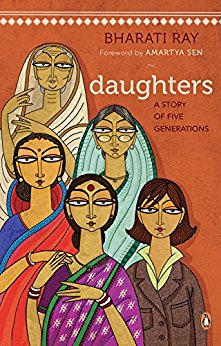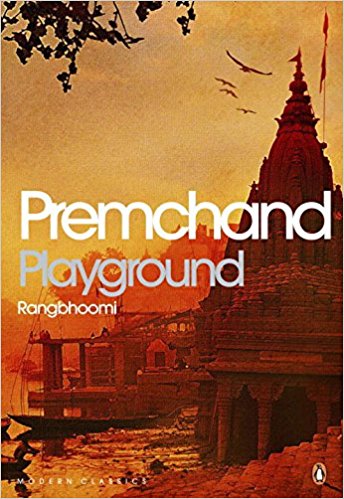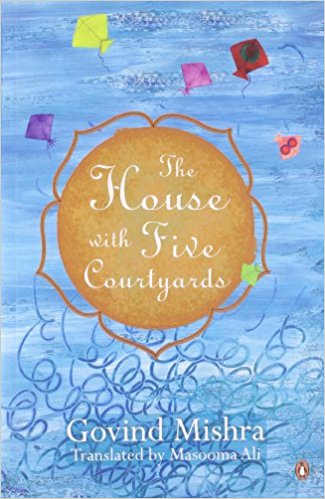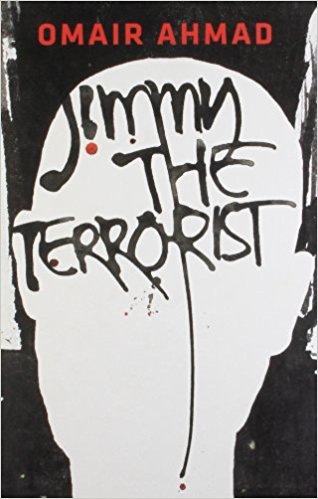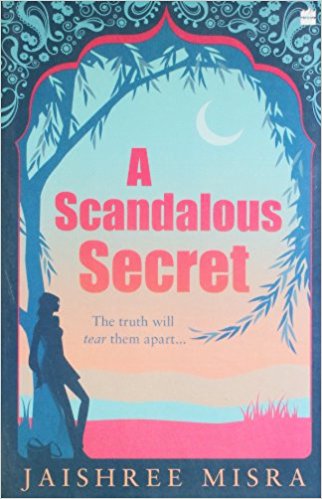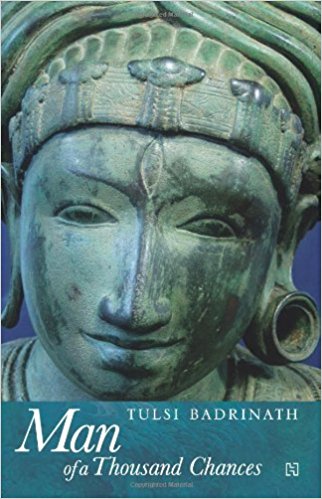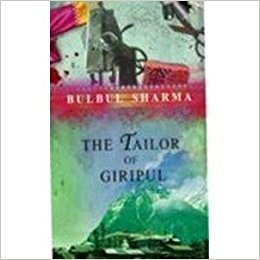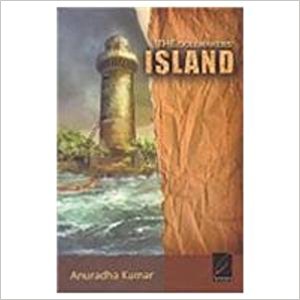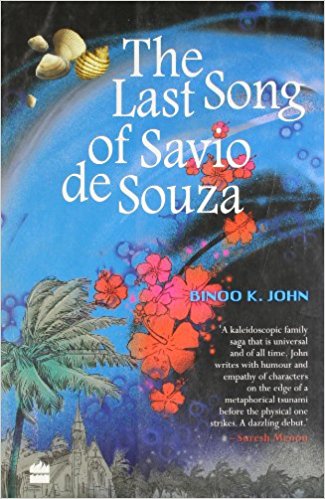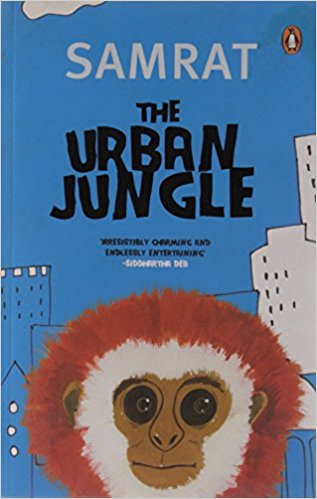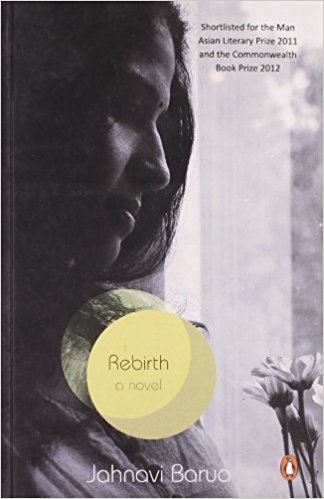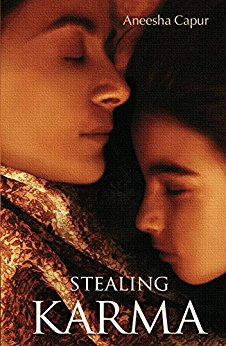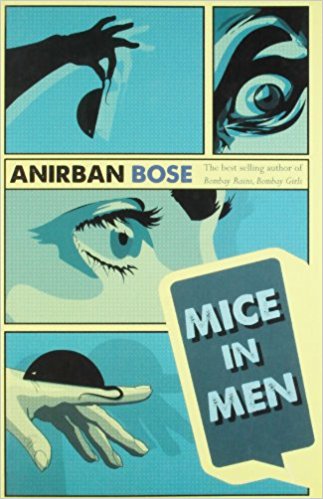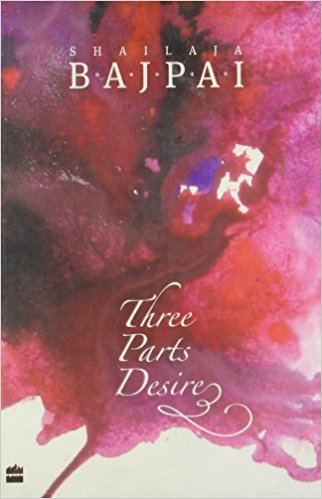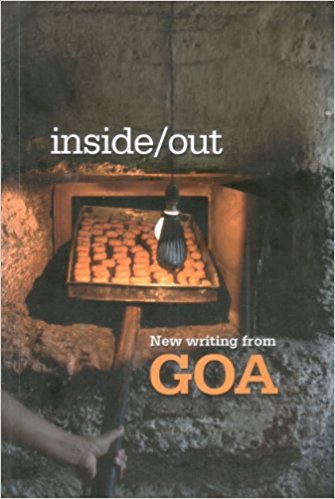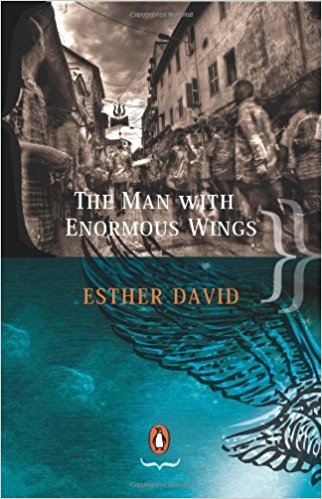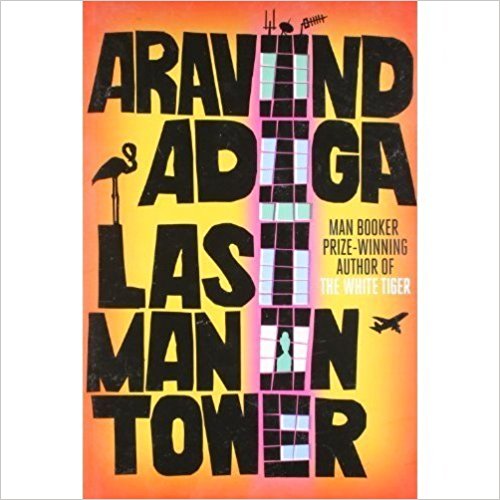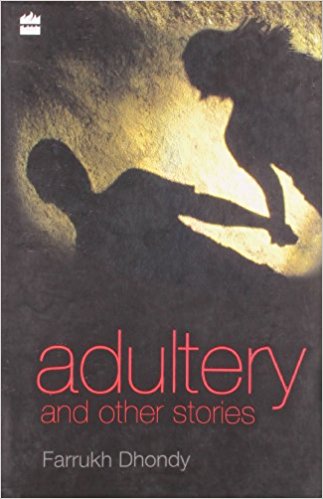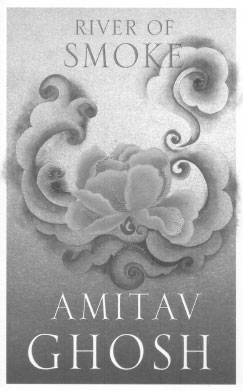To me the Bengali title that alludes to an older well known work, Rajnarayan Basu’s Sekaal O Ekaal, seems more appropriate than the English title. Ekaal Sekaal —Now and Then—would lead the reader to expect a story meandering between the present and the past. Daughters, on the other hand, gestures towards the much-interrogated…
Archives
August 2011 . VOLUME 35, NUMBER 10This book is a collection of a hundred short stories by the popular Bengali writer who wrote under the pseudonym Banaphool (flower from the forest). The stories, whether set in urban or rural Bengal, contain the romantic whiff of nature in its broadest sense, including human beings. There is an old world charm about them…
Atranslator has to be faithful to the text he/she is translating into another language. A translator has to observe not only the linguistic practices of the language into which he/she is translating the text but also keep in perspective the cultural norms of the recipient society. He/she has to stick to the stylistic devices employed…
The House with Five Courtyards is an epic family saga, quietly told and sensitively translated. The novel Paanch Aangano Wala Ghar, written originally in Hindi, won Govind Mishra the Vyas Samman in 1998.
Ashish Khetan’s cover story, ‘Dazed & Confused Again’ (Tehelka, Vol.8, Issue 37, 17 Sept, 2011) traces the growth of one Abu Faizal Khan, an IM operative from Hansapur village in Azamgarh, UP. The tenor of Khetan’s report is no different from the reality of Jamal Ansari, Omair Ahmad’s protagonist in Jimmy The Terrorist…
Jaishree Misra’s new book, A Scandalous Secret, her seventh work of fiction and the third in her ‘Secret’ series testifies to the popularity of this genre of Indian fiction. The book is set in the present, and has at its core some universal themes—social pressure, problem of rejection, mother- daughter relationship and urban musings….
Tulsi Badrinath has produced another elegant work, which explores the urban map in new ways. In this novel, she brings to our attention the banality of middle class chores and the concern with the details of these. It is the contradictions within the facade that interest Badrinath. Essentially, she has the eye of the passerby…
Bulbul Sharma’s latest novel, The Tailor of Giripul is the perfect book to curl up with on a rainy monsoon evening. It is redolent of the sounds and smells of the mountains, which the author evidently loves, and of the minutae of life lived in the small forgotten little villages nestled in the heart of those mountains…
The Past: Radcliffe’s Line Makers on the Dollmakers’ Island’, the title of the first chapter is self evident and spells out the theme of the novel. The plot swings between the past and the present; between history, fantasy and the real, thus making it a surreal satire; and from Ashoka’s times to the contemporary internet age…
It has been a while since we have seen a story about Kerala, written in English and replete with its local flavour and fervour.As a result Binoo K. John’s new book catches one’s eye. Known for his three previous books, all non-fiction: two travelogues about Malabar and Cherrapunji and one on the English language in India…
2011
In the speedily democratizing world of Indian writing in English, the Mystery of the Missing Crime Thriller remains more or less unsolved. H.R.F. Keating’s Inspector Ghote was just granted a new lease of life, but never managed to captivate audiences the way Feluda could in his translated avatar. More recently…
2011
Jahnavi Barua’s Rebirth reminds one of love poetry where the inner landscape of the narrator is mapped on to the outer landscape that sometimes reveals and sometimes affects the states of his/her heart. In this novel, which travels from disappoint-ment to grief to placidity to hope, the landscapes of Bangalore…
2011
Aneesha Capur’s debut novel Stealing Karma seems to have a fascinating and winning combination. The author is an Indian born, Nairobi bred writer settled in the U.S. She weaves a story of an Indian girl, Mira married to the slightly older Prashant Sharma and living in Nairobi with her baby girl, Shanti…
2011
Mice in Men is Anirban Bose’s second fictional offering. From a strictly market-oriented point of view, it might be seen as something of the proverbial acid test. The second book, after all, is seen as being responsible for establishing an author’s reputation. At first impression then, Bose takes a chance with his second book…
2011
Not having read Ghalib Shiraz Dhalla’s first novel Ode to Lata, I approached his second one, The Exiles, with some trepidation. Let me at the outset, quite candidly, place my own prejudices on record: I have, of late, turned a bit wary, if not weary, of reading endless stories of listless exile, especially that of the Indian diaspora…
It is ironic indeed that ‘Woman’s Desire’ has always been a no man’s land, a barbed twilight zone far beyond anyone’s reach. As the prime site of women-centric crimes, woman’s body has been on the focus for the last few decades, but not many have dared navigate into the ‘cora’, the mystique, the semiotics of woman’s fantasy…
2011
The folded earth produces mountains; in their folds in turn nestle hill-stations,in one of which Maya, the grieving, widowed protagonist of Roy’s novel winds up. In Ranikhet, to be precise. Ranikhet as much as Maya star in this novel. Sitting first in an airport lounge, and then in the bowels of an aeroplane, I consumed…
The first printing press in Asia was set up in Goa in 1550 by missionaries,and the pattern that follows is similar to that in other parts of India: manuals of devotion for converts, dictionaries, grammars.
The title of the ‘novel’ The Man with Enormous Wings arouses a child-like curiosity and expectations of a story that may be built with a rather innocent imagination. But what we experience within the folds of this short novel is an epic tale that presents an anticlimax to what we may have expected. Vignette after vignette, the story of Gardabad…
The White Tiger—robustly reviled by many in India—was also hailed by some in the western media as a novel that adumbrated a response to globalization in its representations of inequity, class, amorality, and greed.1 Last Man in Tower, focused on Vishram Society—a bastion of middle class stolidity in Mumbai…
Wit and irreverence are Farrukh Dhondy’s hallmark, and there is plenty of both in this set of rapid-fire short stories. The seventh commandment deters no one it seems. Man, woman, gigolos, e-mail wallahs and such others find endless opportunities to defy the old dictum ‘Thou shalt not commit…’and happily survive through ‘illicit’ relations…
2011
At the close of River of Smoke, the second novel in Amitav Ghosh’s Ibis trilogy, the ex-zamindar Neel Rattan speaks of a painting he acquired on his last visit to Canton. The painting shows Fanqui-town, the site of the Thirteen Hongs or factories set up by foreign traders on the Pearl River in Canton, in flames…

